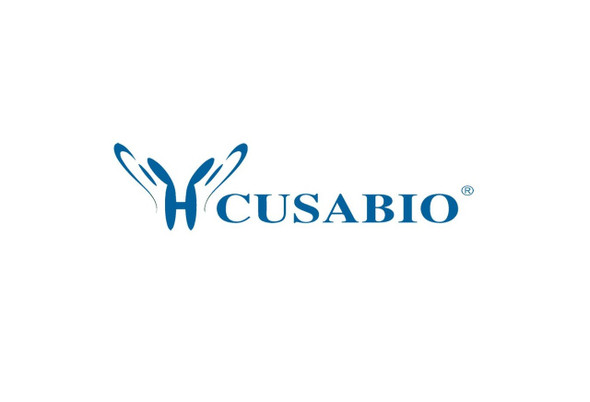Cusabio Active Proteins
Recombinant Human Inhibin beta C chain (INHBC) (Active) | CSB-AP005511HU
- SKU:
- CSB-AP005511HU
- Availability:
- 5 to 10 Working Days
Description
Recombinant Human Inhibin beta C chain (INHBC) (Active) | CSB-AP005511HU | Cusabio
Protein Description: Full Length of Mature Protein
Alternative Name (s) : Inhibin Beta C Chain; Activin Beta-C Chain; INHBC
Gene Names: INHBC
Research Areas: Signal Transduction
Species: Homo sapiens (Human)
Source: Mammalian cell
Tag Info: C-terminal 6xHis-tagged
Expression Region: 19-352aa
Sequence Info: TPRAGGQCPACGGPTLELESQRELLLDLAKRSILDKLHLTQRPTLNRPVSRAALRTALQHLHGVPQGALLEDNREQECEIISFAETGLSTINQTRLDFHFSSDRTAGDREVQQASLMFFVQLPSNTTWTLKVRVLVLGPHNTNLTLATQYLLEVDASGWHQLPLGPEAQAACSQGHLTLELVLEGQVAQSSVILGGAAHRPFVAARVRVGGKHQIHRRGIDCQGGSRMCCRQEFFVDFREIGWHDWIIQPEGYAMNFCIGQCPLHIAGMPGIAASFHTAVLNLLKANTAAGTTGGGSCCVPTARRPLSLLYYDRDSNIVKTDIPDMVVEACGCS
Biological Activity: The ED50 as determined by its ability to bind Human Activin RIIA in functional ELISA is less than 15 ug/ml.
MW: 37.5 kDa
Purity: Greater than 95% as determined by SDS-PAGE.
Endotoxin: Less than 1.0 EU/µg as determined by LAL method.
Relevance: Inhibin beta C chain, also known as activin beta-C chain and INHBC, belongs to the TGF-beta family. INHBC forms a homodimeric or heterodimeric through association with alpha and beta subunits, linked by one or more disulfide bonds. Inhibins are heterodimers of one alpha and one beta subunit. Activins are homo- or heterodimers of beta subunits only. Inhibins/activins regulates many physiological processes, such as hypothalamic and pituitary hormone secretion, gonadal hormone secretion, germ cell development and maturation, erythroid differentiation, insulin secretion, nerve cell survival, embryonic axial development or bone growth and so on.
PubMed ID:
Notes: Repeated freezing and thawing is not recommended. Store working aliquots at 4℃ for up to one week.
Function: Inhibins and activins inhibit and activate, respectively, the secretion of follitropin by the pituitary gland. Inhibins/activins are involved in regulating a number of diverse functions such as hypothalamic and pituitary hormone secretion, gonadal hormone secretion, germ cell development and maturation, erythroid differentiation, insulin secretion, nerve cell survival, embryonic axial development or bone growth, depending on their subunit composition. Inhibins appear to oppose the functions of activins.
Involvement in disease:
Subcellular Location: Secreted
Protein Families: TGF-beta family
Tissue Specificity: Expressed in benign prostatic hyperplasia.
Paythway: TGF-betasignalingpathway
Form: Lyophilized powder
Buffer: Lyophilized from a 0.2 μm filtered 1xPBS, pH 7.4
Reconstitution: We recommend that this vial be briefly centrifuged prior to opening to bring the contents to the bottom. Please reconstitute protein in deionized sterile water to a concentration of 0.1-1.0 mg/mL.We recommend to add 5-50% of glycerol (final concentration) and aliquot for long-term storage at -20℃/-80℃. Our default final concentration of glycerol is 50%. Customers could use it as reference.
Uniprot ID: P55103
Uniprot Entry Name:
HGNC Database Link: HGNC
UniGene Database Link: UniGene
KEGG Database Link: KEGG
STRING Database Link: STRING
OMIM Database Link: OMIM









